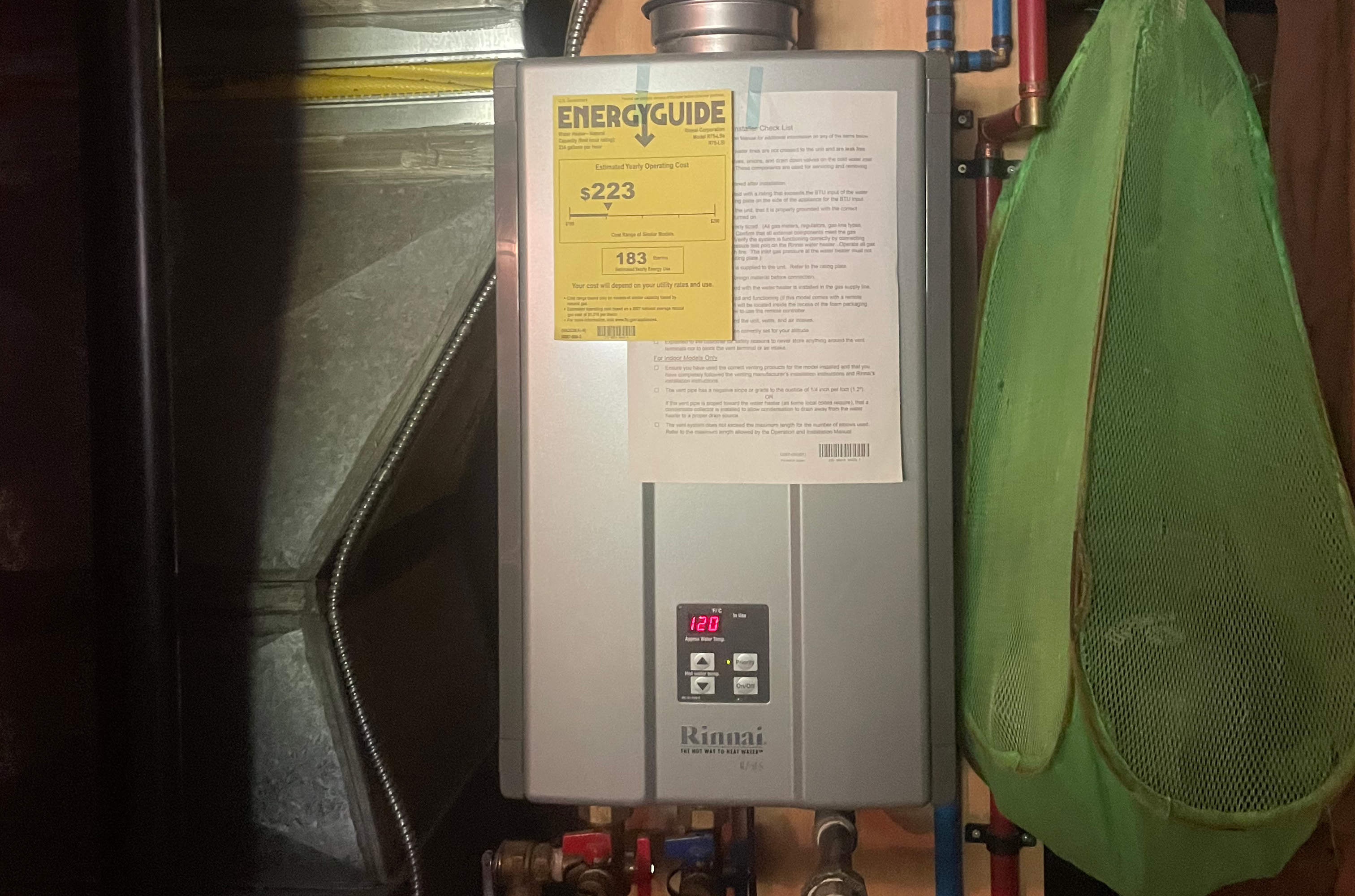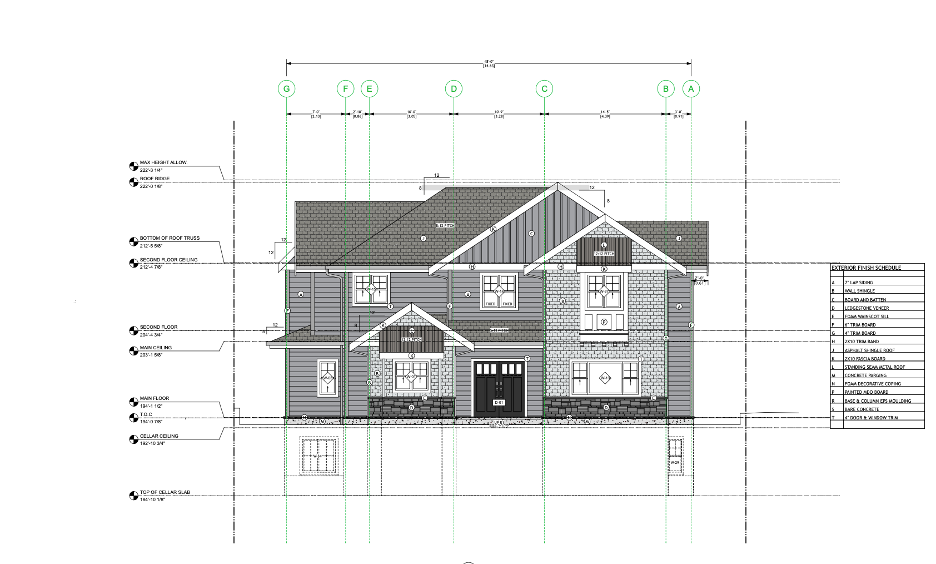Tankless water heaters are quickly becoming the norm in new build construction and home renovations. How they work is when a tap, shower, or appliance is set to deliver hot water, your city's cold water feed passes through the tankless water heater where it’s quickly heated by either a gas-fired burner or electric coils. It's on-demand, efficient and always at the ready. There are many great reasons to go tankless, with a few considerations to keep in mind. Perhaps you are about to build a new home or complete a renovation, or maybe just thinking about replacing your hot water tank, so join us as we explore the pros and cons of tankless water heaters.
Pro: Long-term Cost Savings
Rather than heating a tank of water 24 hours a day, your tankless system only activates when you need it. Water from your municipal water feed passes through an electric or natural gas heated coil or tube and the water is instantly transformed from cold to hot. Gone are the days of a big cylinder of water being constantly kept at a near boiling temperature. Bonus, if you go on holidays, the energy usage for your hot water will be zero.
According to the U.S. Department of Energy, tankless water heaters can be between 8% and 50% more energy-efficient than tank-style water heaters, but the actual efficiency depends on the amount of hot water you use.
Pro: Unlimited Supply of Hot Water
Because there is no tank, the water will keep flowing as you use it. It just keeps going and going.
Pro: Save Space
The tankless water heater is a wall mounted box, typically no larger than your home electrical breaker panel. It can be tucked discreetly inside a wall and doesn't need a large cavernous space like a water heater tank. Perfect for closets, crawl spaces or other discreet areas in your home.
Pro: Life Expectancy of Over 20 Years
With most models of tankless water heaters having a life expectancy of 20 years or more, you can rest easy that paying for a replacement won't happen soon. Compare that with the typical 7-10 year life expectancy of a hot water tank and this can be a great advantage for future savings.
All good right? Well, there are a few downsides to consider:
Con: Upfront Cost of the Tankless Units
Tankless heaters can be double or triple the cost of a standard hot water tank when combining purchase price and installation costs. You wil make this up in savings over the lifetime of your home, but it is worth considering if you are on a tight budget.
Con: Cold Water Sandwich
You may have heard about the cold water sandwiches. This occurs when you keep switching from hot to cold water or turn the hot on and off rapidly. This intermittent usage of water can cause cold spots in your feed as the on-demand system warms up again, it's just for a second, but can be jarring to new users.
Con: Annual Maintenance
Something to remember is that your tankless system needs an annual flush to ensure no mineral deposits or sediment building up in your system. This is a requirement both to keep your water flowing freely and maintain your warranty. Make sure you schedulke this with a licnensed technicial who is authorized and trained on your brand of water heater.
Con: Maximum Output
Your tankless heater will have a maximum output, so if yousay are running multiple showers at once, or running laundry with hot water and having a shower you can overwhelm the system. Fortunately, each unit has specifications, so you can work with your builder or designer to choose a system which will meet the needs of your family.
Overall, tankless water heaters are a great option,, so if you are interested in learning more about going tankless in your next home build or renovation contact us here.














